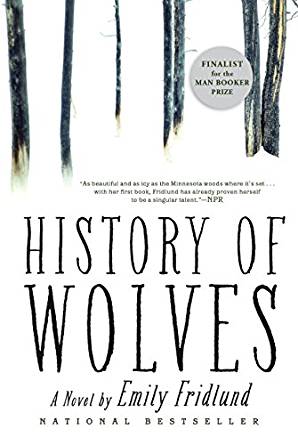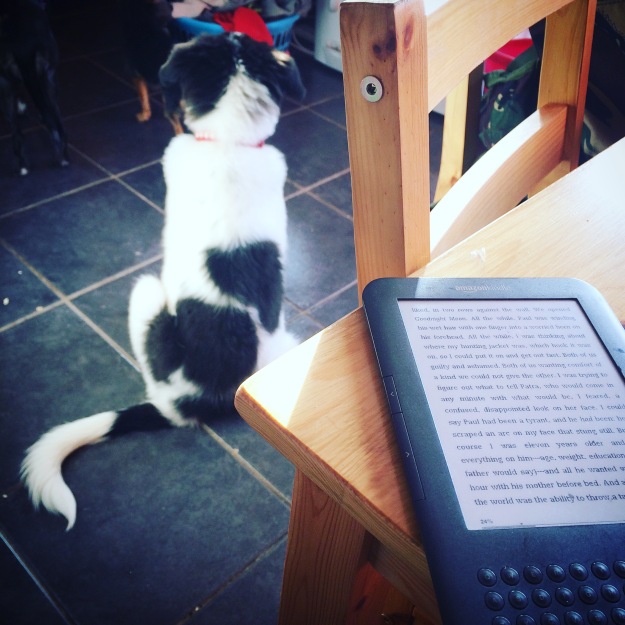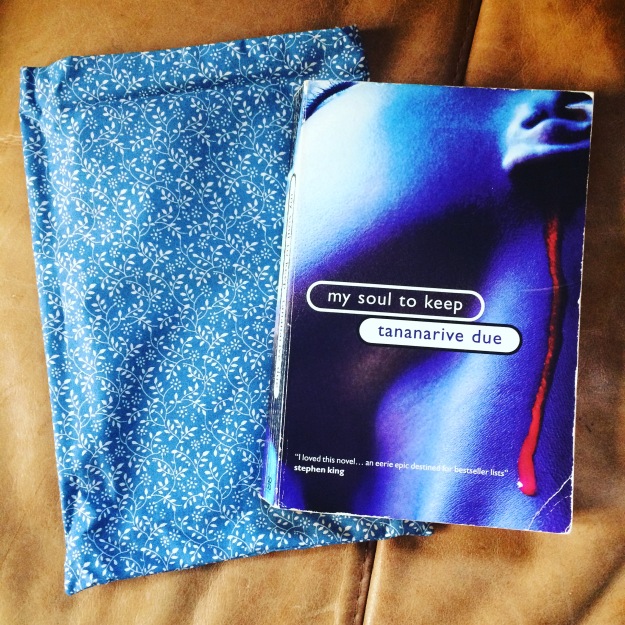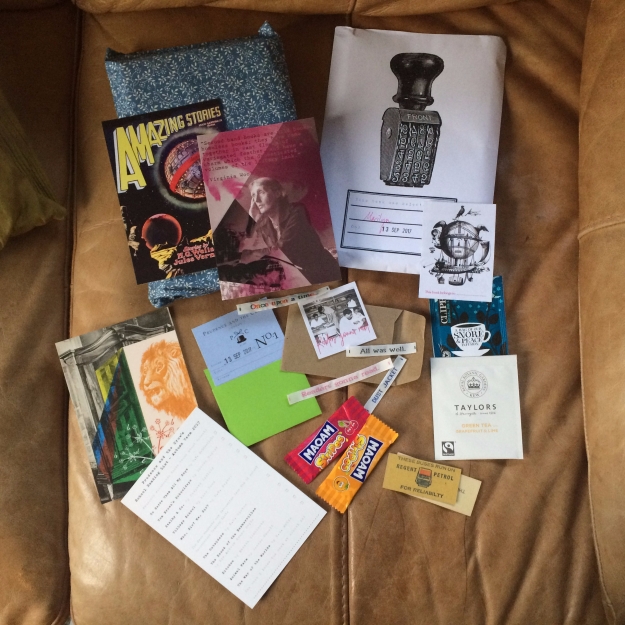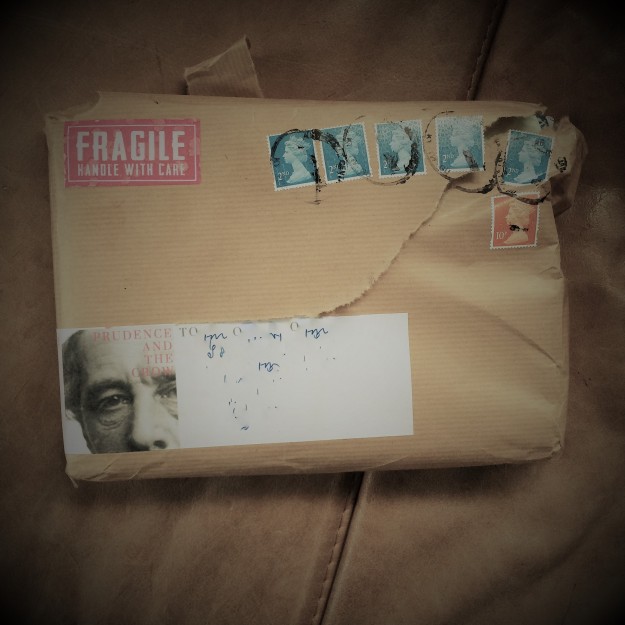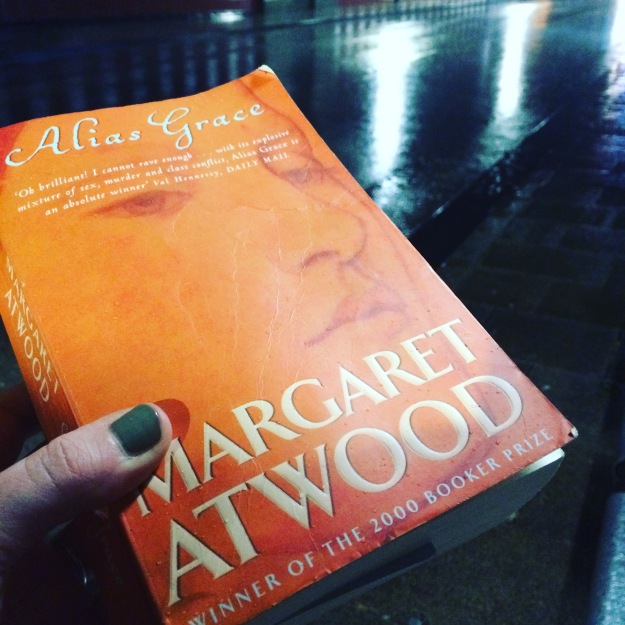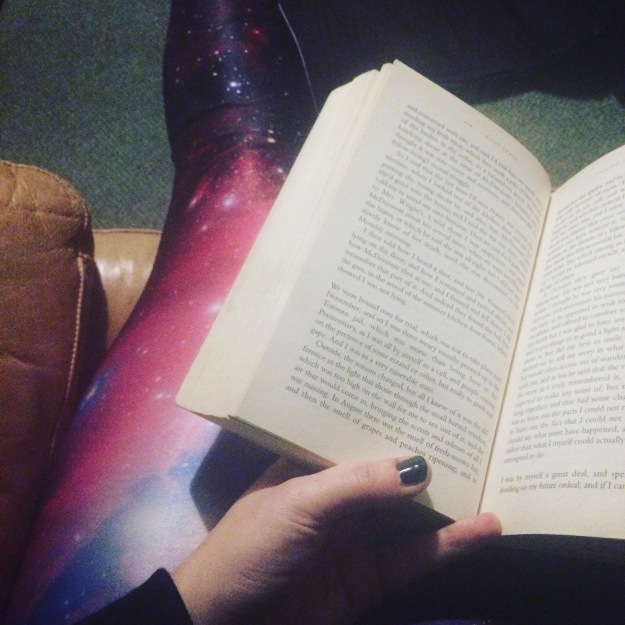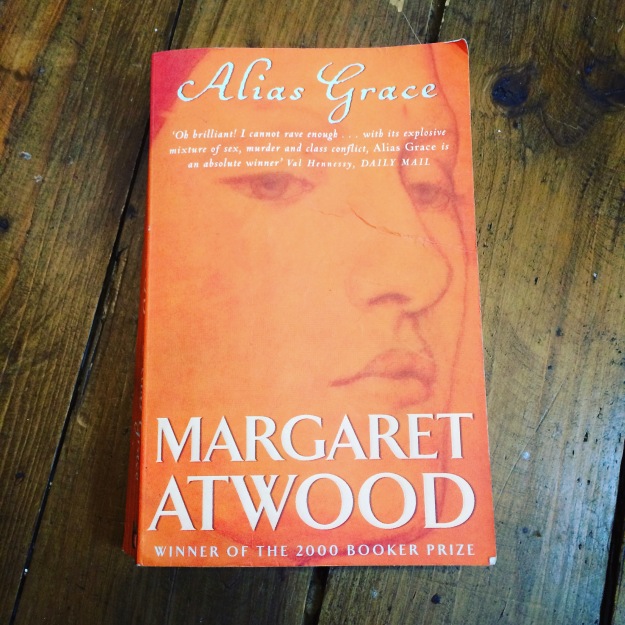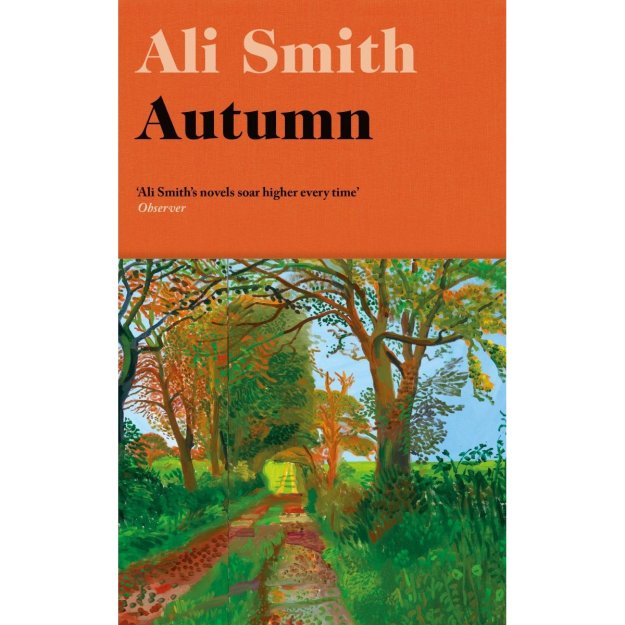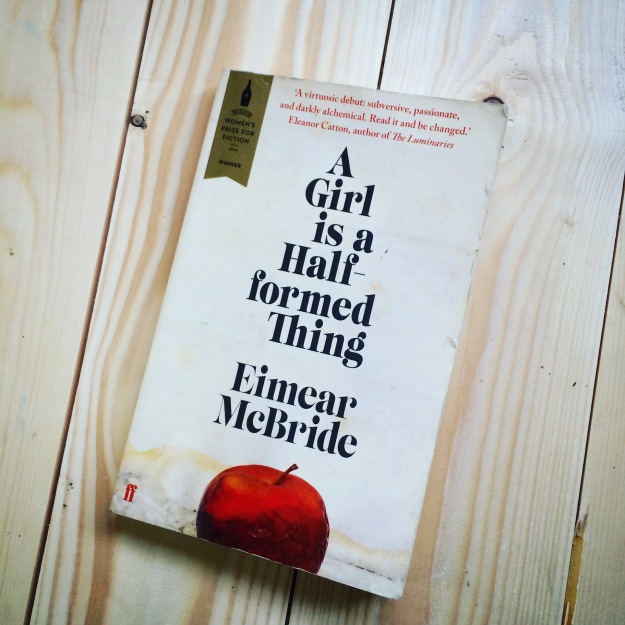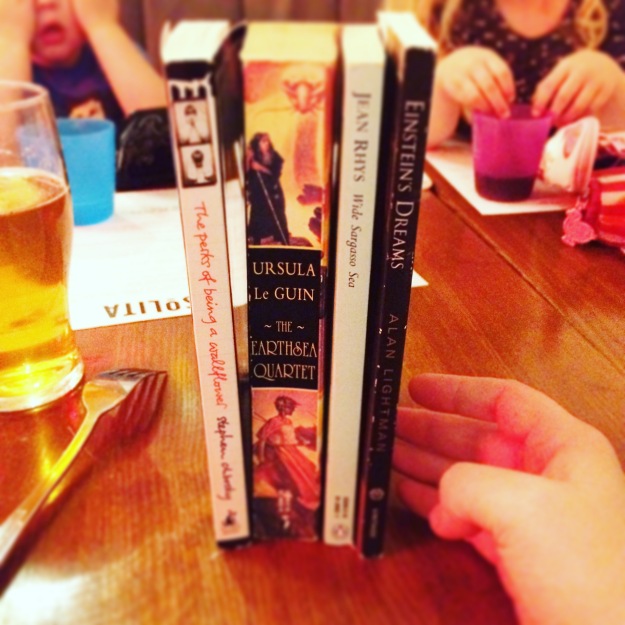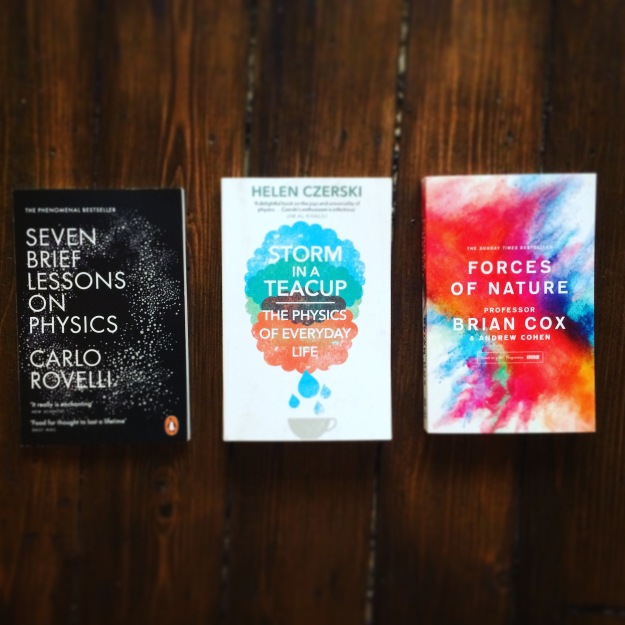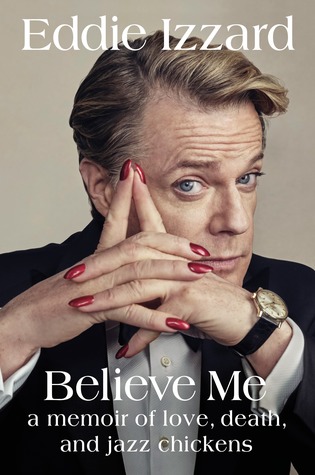Why Be Happy When You Could Be Normal? is the story of Jeanette Winterson’s childhood up to her writing Oranges Are Not The Only Fruit, and it then skips 25 years to pick up what happened with her life when she was much older (though this part connects with the earlier bit!). In other words, it’s not about her success as a famous author. It’s brilliantly moving and gives you a magnificent portrait of life in a northern English town in the 1960s (spoiler alert: it is grim!)
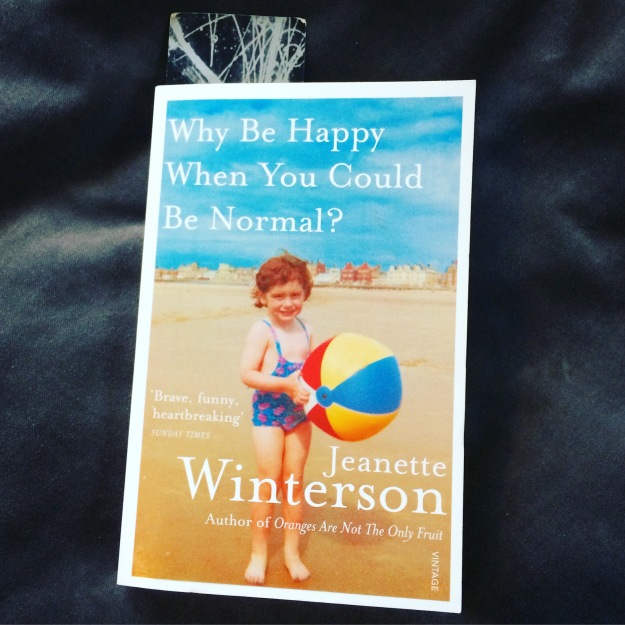
I decided to read this because next week I’m going to see Rebecca Solnit being interviewed by Jeanette Winterson as part of the Manchester Literature Festival. I love Rebecca Solnit (as previously documented here and here), but I haven’t ever read any Jeanette Winterson, though I am aware of Oranges Are Not the Only Fruit. I decided I needed to read a Jeanette Winterson book, and couldn’t resist this one – I was drawn by the picture of Blackpool on the cover (my home town) and really wanted to read about her childhood in Accrington. Basically, set a book in North West England to guarantee I want to read it. That feeling where you recognise the landscape or place in the description is irresistible (it last happened for me in The Loney – set around the Morecambe coast, but hasn’t happened very often).
Jeanette was adopted. She is reminded daily by her mother that she could have chosen a different baby – she is compared to the mysterious Paul, who would have been a much better child than she was, and less possessed by demons. The family are poor. Her Dad works long hours and leaves the parenting to her mum (though is called upon to dish out regular physical punishment). Her mother is a Christian who believes the Apocalypse is due any day. We are all doomed to die and we must spend all day reminding everybody. The house is full of biblical quotes on pieces of paper taped around the place. Oh, but books aren’t allowed. Education should be minimal, lest you stray from the teachings of God, and don’t you dare try and expand your horizons.
To say Jeanette had a miserable upbringing is the biggest understatement. Her own family life is so wildly bizarre, that would be enough to make this a fascinating book, but we also get an incredible portrait of general life in 1960s working class Accrington. It’s like an old episode of Coronation Street on steroids.
Just one example is the story of Auntie Nellie. It totally broke me reading about Auntie Nellie. Auntie Nellie who gave onion or potato soup to all the neighbourhood kids a few times a week. They would be 30 or 40 in a queue at her door, all hungry because they never had enough food at home. Auntie Nellie would fill up their cup with soup. Auntie Nellie who never took off her coat. Aunt Nellie who they discovered didn’t own any clothes after she died, when they were preparing her body for burial.
When Jeanette reaches college age, she finally leaves home. She lives in her car, while studying for her A levels, until she is taken in by a teacher. This isn’t much of a hardship for her as she is used to either sleeping on her doorstep, after her mother locks her out of the house, or being locked in the coal shed.
Somehow, miraculously, despite her upbringing, she gains a place at Oxford University. I cried buckets when this happens in the story! I know this is partly because my job involves trying to persuade working class kids, from a grim northern English town, to raise their aspirations and apply to Oxford or Cambridge for University. And it’s tough, there’s such low confidence in so many of them that they won’t even try because they are terrified of not making it. I was so happy for Jeanette. Her drive and determination to succeed is so inspiring. It doesn’t spoil the book to know this is what happens in advance – how she gets to this point is the magic of her story.
When she arrives at Oxford, she is immediately told by her tutor that she is the ‘working-class experiment’ and her friend is ‘the black experiment’. So things are not plain sailing even from this point.
I haven’t even mentioned another incredible part of her story. Jeanette is a lesbian. Her mother and her church attempt to perform an exorcism on her. It’s just disgusting what they put teenage Jeanette through. Utterly vile.
Why Be Happy When You Could Be Normal? is one of the best autobiographies I’ve read. It’s written in a quite rambling style – where the narrative is linear in time, but there are frequent departures into interesting stories that aren’t specifically connected with the main text. It gives it you a feeling like you are in conversation with the author yourself. It follows that conversational style and feels very natural when you read it. I can’t wait to read Oranges Are Not the Only Fruit now! I’m really looking forward to the Manchester Literature Festival event next week.

